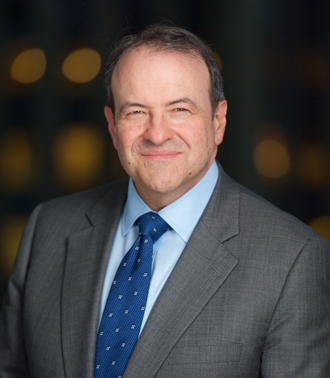The FCA's Reach Gets Longer: Private Equity Firms at Risk
Last Wednesday, September 19, 2019, the Department of Justice (DOJ) announced a $21.36 million False Claims Act civil settlement with pharmacy Diabetic Care Rx LLC, or Patient Care America (PCA), two PCA executives, and—most notably—private equity firm Riordan, Lewis & Haden Inc. (RLH). United States ex rel. Medrano and Lopez v. Diabetic Care Rx LLC, d/b/a Patient Care America, et al., No. 15-CV-62617 (S.D. Fla.). The settlement resolves allegations regarding a series of fraudulent schemes, including kickbacks to outside "marketers" to solicit medically unnecessary prescriptions for expensive compound creams and vitamins, a practice that continued despite repeated complaints from patients that prescriptions lacked patient consent or a valid prescriber-patient basis. The settlement also resolves allegations that PCA and outside marketers routinely paid patients' copayments regardless of financial need and then disguised these payments through a "sham charitable organization." The United States alleged that over eight months between 2014 and 2015, PCA collected roughly $68 million from Tricare in bogus charges.
Notwithstanding RLH's earlier arguments that the private equity firm neither knew of nor facilitated PCA's misconduct, DOJ's settlement press release repeatedly notes RLH's alleged direct involvement, emphasizing that RLH not only knew of the kickbacks, but "agreed to" and "financed the kickback payments" to outside marketers. Although RLH partners Michael Glouchevitch and Kenneth Hubbs were not named as Defendants, their alleged conduct as board members and controlling officers of PCA featured prominently in the United States' First Amended Complaint and was a clear link between PCA's kickbacks and RLH's FCA liability. As board members, Glouchevitch and Hubbs allegedly directed PCA's aggressive financial strategy to generate a "very fast payback on [RLH's] investment" and "led the pain management initiative" at PCA. According to the government, the private equity firm hired and directed the CEO, Patrick Smith, and obtained his agreement that RLH approve all "key decisions affecting the company." Given the private equity firm's involvement in both PCA's high-level management decisions and its day-to-day operations, the government ascribed RLH with knowledge of PCA's marketing arrangements and the significant regulatory risks involved.
This case may be over, but DOJ's interest in private equity firms that operate in areas with significant FCA exposure is not. What lessons can investors and private equity firms learn from the PCA/RLH matter, and what steps should investors take now to mitigate risk?
1. Consider the appropriate degree of involvement in a portfolio company's day-to-day operations.
Although it is common for private equity firms to have board representation on portfolio companies, the risks in these arrangements increase commensurate with representatives' involvement in daily operations. Opportunities for missteps are particularly acute where a private equity firm is the majority or sole stakeholder. A significant degree of control over and/or involvement with the portfolio company's day-to-day business makes it easier to establish a nexus between the portfolio company's misconduct and its investors. Accordingly, private equity firms operating in FCA-implicated industries should establish clear boundaries as to the appropriate level of involvement for private equity partners as directors, officers and stockholder representatives of portfolio companies.
2. Prioritize a robust compliance program within portfolio companies.
Both private equity firms and their portfolio company partners should actively prioritize and participate in compliance initiatives. Establishing organizational safeguards, such as executive training, compliance-focused subcommittees, and whistleblower hotlines, will help catch any issues early, as well as demonstrate to DOJ the company's good faith.
3. Engage experienced legal counsel to navigate the FCA minefield.
The PCA/RLH suit indicates that DOJ is increasingly willing to pursue novel theories of FCA liability. Now more than ever, it is essential for companies operating in areas with significant exposure to retain sophisticated and experienced counsel.
© Arnold & Porter Kaye Scholer LLP 2019 All Rights Reserved. This blog post is intended to be a general summary of the law and does not constitute legal advice. You should consult with counsel to determine applicable legal requirements in a specific fact situation.


